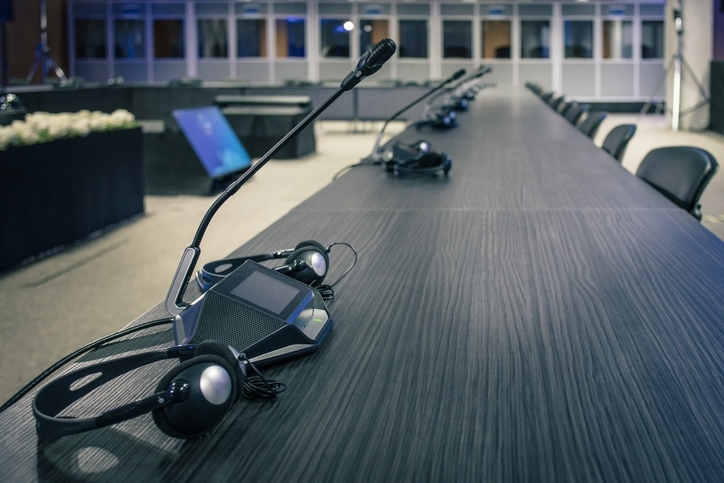Simultaneous interpreters face a challenging task that requires high levels of concentration, excellent communication skills and a deep understanding of the cultural nuances of the languages they translate. These professionals are the invisible mediators at international conferences, business meetings, diplomatic negotiations and other multilingual events. The challenges and requirements associated with this profession are varied and demanding:
Linguistic competence: Simultaneous interpreters must have a command of several languages at native speaker level. This means not only an excellent vocabulary and knowledge of grammar, but also a deep understanding of idioms, specialist terminology and cultural subtleties.
Excellent concentration: The ability to concentrate intensively on what is being said for long periods of time is crucial. Simultaneous interpreters often work in shifts of 20 to 30 minutes before they have to take turns to maintain their concentration.
Fast processing: Simultaneous interpreters have to process information in real time and simultaneously render it in another language. This requires the ability to think and speak quickly without distorting the meaning of what is being said.
Technical understanding: Simultaneous interpreters must be familiar with special equipment such as interpreting booths, headphones and microphones. They must also be able to use interpreting software and tools to ensure the quality of their work.
Intercultural sensitivity: Understanding cultural differences and subtleties is crucial to avoid misunderstandings. Simultaneous interpreters need to know how to translate respectfully and appropriately to avoid cultural pitfalls.
Stress resistance: Simultaneous interpreters work in high-stress environments where they have no room for error. The ability to remain calm under pressure and to interpret accurately is essential.
Training requirements: As specialist terminology and linguistic nuances are constantly evolving, simultaneous interpreters need to continually update their skills and knowledge. This requires lifelong learning and a willingness to keep on learning.
Confidentiality: Simultaneous interpreters have access to confidential information and must adhere to strict confidentiality rules.
In summary, simultaneous interpreters are experts who are able to convey information in real time between different cultures and languages. They are the invisible heroes at international events and help to facilitate global communication. The demands of the job are high, but the reward is the opportunity to build bridges between people and cultures and contribute to global cooperation.








Leave A Comment